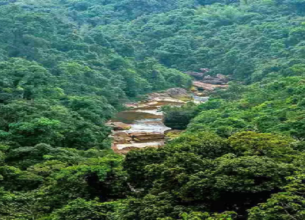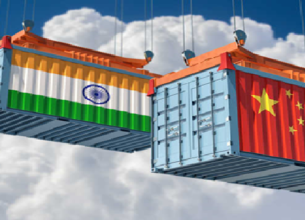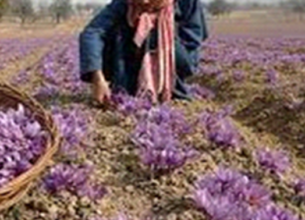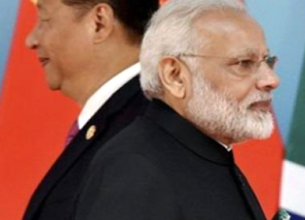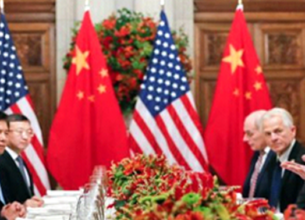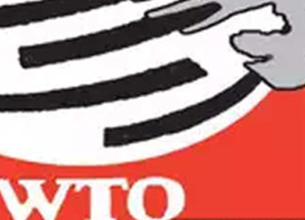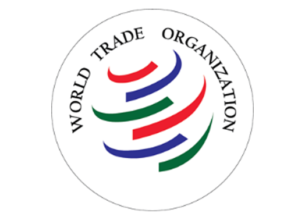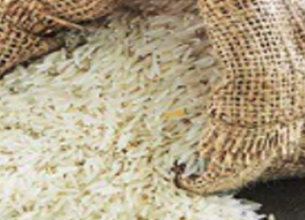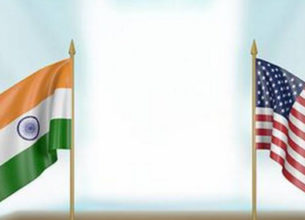DISCOURSE ON WTO REFORM LACKS BALANCE
14, May 2019
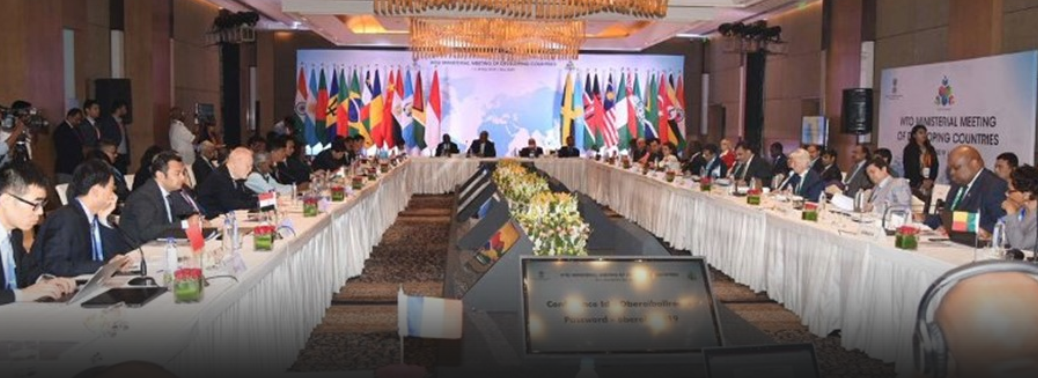
Prelims level : International
Mains level : GS-II Governance, Constitution, Social Justice, IR
Why in News:
- The reforms being promoted in the World Trade Organization (WTO) are not in favour of the developing countries.
Background: / WTO:
- WTO came into existence after the conclusion of the Uruguay round in 1995 replacing the post WWII General Agreement on trade and tariff (GATT).
objective:
- The objective of WTO is to establish a rule based global trade regime providing equitable opportunity to every nation for reaping the benefits of globalization. WTO works on the following principles:
- Non-Discrimination
- Most Favored Nation: No special favors can be granted to any trading partner
- National Treatment: No discrimination between the imported and domestic products once they enter the market (which allows imposition of custom duty).
- Freer Trade: removal of the tariff and non-tariff barriers gradually through negotiations
- Predictability: providing predictability in the trade policy through binding rules and transparency. Promoting fair competition: providing a system of rules dedicated to open, fair and undistorted competition such as allowing for imposition of anti-dumping duty
- Encouraging Development and Economic Reforms: nudging the countries towards an open market and allow for special assistance and trade concessions for developing countries
WTO SUBSIDIES:
1.Green Box
- Green Box is domestic support measures that doesn’t cause trade distortion or at most causes minimal distortion. Hence, they don’t have any reduction commitments (non- reducible and exempt). These subsidies are government funded without any price support to crops. They are implemented as programmes aimed at income support to farmers without influencing (decoupled) the current level of production and prices. Green box subsidies are therefore allowed without limits provided they comply with relevant criteria.
2.Blue Box
3.AMS (Aggregate Measurement of Support)
- The AMS represents trade distorting domestic support measures. It is referred as the “amber box” in the Agreement on Agriculture.
- The AMS means annual level of support (subsidies) expressed in monetary terms, provided for an agricultural product in favour of the producers (product specific) of the basic agricultural product and non-product specific support provided in favour of agricultural producers in general.
- The Aggregate Measurement of Support (AMS) consists of two parts—product-specific subsidies and non-product specific subsidies. Product-specific subsidy refers to the total level of support provided for each individual agricultural commodity. Non-product specific subsidy, on the other hand, refers to the total level of support to the agricultural sector as a whole, i.e., subsidies on inputs such as fertilizers, electricity, irrigation, seeds, credit etc. Usually, these non-product subsidies are given to all crops.
Challenges India faces at WTO:
Conflicting interests of developing and developed nations:
- The conflict became more pronounced during the recent ministerial conference at Buenos Aires. While developing nation were pushing for concluding the agreements on Doha Development Agenda (DDA), developed countries like USA, Japan and other clubbed
together to include issues like e-commerce, investment etc. into the negotiations without a final agreement on DDA
Agricultural subsidies:
- Since India is an agrarian economy based on employment heavily subsidized agricultural products of developed nations have always been a cause of concern for agri-exports from India. The present quota of subsidies is based on the price levels of 1986-88 allowing developed countries to take away a major chunk of trade distorting subsidies quota.
Issue of public stockholding
- The minimum support price (MSP) provided to farmers in India falls under the Amber box category of subsidies under WTO which have to be removed. However, it directly affects India’s food security and income of farmers. Though a ‘peace clause’ agreed to during Bali conference allows India to carry on with its PDS program as of now, developed countries are hindering the realization of a permanent solution to the problem.
Divisions within developing nations
- There are divergence with the developing nations such as India and china on various trade related issues. In the recent conference while many developing nations supported the issues like E-commerce propose by developed nations, those lead by India staunchly opposed it
Attempts to derail the judicial body
- USA under the new administration has been blocking the appointment to WTO’s appellate
body which could erode the credibility of WTO as an effective arbitrator in future.
Lack of alternatives
- There are only few other multilateral bodies that deal with issue of global trade. Though UNCTAD does concern itself with the issues of global trade, its work is mostly advisory in nature and is not binding upon the nations as in case of WTO agreements
Special and differential treatment (SDT):
- In Doha round, member agreed to provide a favorable treatment to developing and least developed nations who have asymmetric capabilities in terms of resources. However, developed countries have been calling emerging economies such as India and China as unworthy of SDT
Issues related to intellectual property rights:
Though the issues related to compulsory licensing of medicines has been resolved by renegotiating the language of TRIPS, developed nations have been trying to push TRIPS+ commitments through WTO. - Threats to existence of WTO
- WTO itself faces the following threats which have the potential to turn it into a redundant and ineffective bodies.
Way Forward:
- India has been leading the front for developing nations to secure their interests in the global trade rules. In doing so, it must continue to stick to the fundamental principle of equity and non-discrimination. First of all, it must reach a consensus with all the other developing nations (among the G33 group) to create a united front against the developed nations.
- The recently held mini-ministerial conference can be used to reach such a consensus in the run up to the next ministerial conference. At the same time India must invest in its domestic industry and improving connectivity with other nations to increase its competitiveness in the global market.



